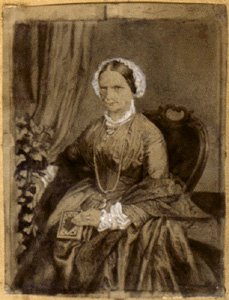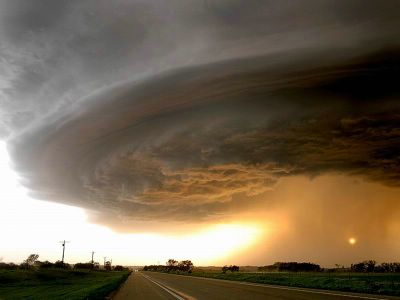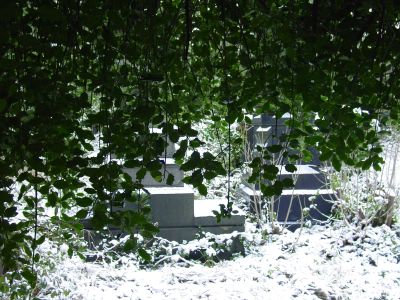
Hardy window at St. Juliot's Church
Why go to Saint-Juliot? What's Juliot to me?
I was but made fancy
By some necromancy
That much of my life claims the spot as its key.
Yes. I have had dreams of that place in the West,
And a maiden abiding
Thereat as in hiding;
Fair-eyed and white-shouldered, broad-browed and brown-tressed.
And of how, coastward bound on a night long ago,
There lonely I found her,
The sea-birds around her,
And other than nigh things uncaring to know.
So sweet her life there (in my thought has it seemed)
That quickly she drew me
To take her unto me,
And lodge her long years with me. Such have I dreamed.
But nought of that maid from Saint-Juliot I see;
Can she ever have been here,
And shed her life's sheen here,
The woman I thought a long housemate with me?
Does there even a place like Saint-Juliot exist?
Or a Vallency Valley
With stream and leafed alley,
Or Beeny, or Bos with its flounce flinging mist?
February 1913.





